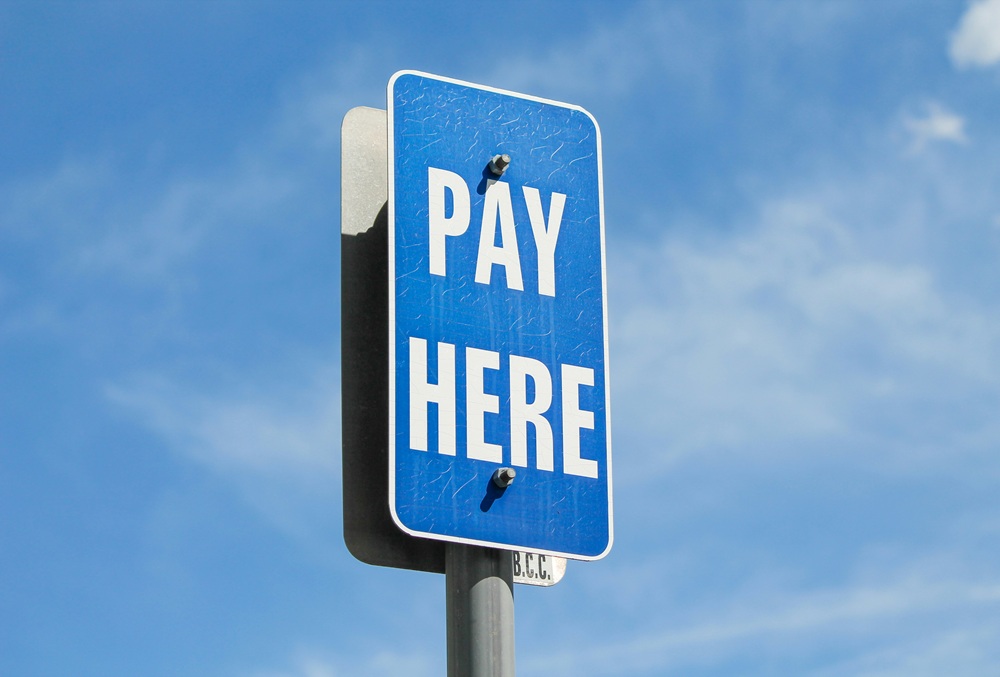At Wndeer, we specialize in building functional, legally compliant platforms for gambling operators. One critical area is payment gateway integration. This process must ensure fast, reliable, and secure financial transactions. Poor integration can result in losses, legal complications, or user distrust. Proper implementation helps protect the business and meet strict industry regulations.
We work with online casinos, sportsbook platforms, and real-money gaming developers. Over time, we’ve seen how solid gateway integration creates stability. On the other hand, weak setups invite fraud, failed payments, and even regulatory penalties.
Legal and Regulatory Requirements
Integration starts with compliance. Gambling businesses must follow some of the strictest financial laws globally. Regulators in the European Union, United Kingdom, and Canada have clear rules. Even offshore jurisdictions like Curacao and Malta demand that operators use gateways meeting specific security certifications.
One important requirement is PCI DSS Level 1 certification. The PCI Security Standards Council, founded by Visa, Mastercard, American Express, Discover, and JCB, issues this standard. It ensures that card data is processed, stored, and transmitted securely. Without this certification, PSPs (payment service providers) are considered high-risk.
Before recommending a gateway, our team checks its license status and security history. In one recent case, we helped a client licensed under the Malta Gaming Authority avoid a problem. The provider they had chosen had previously received a fine from Sweden’s Finansinspektionen for weak KYC procedures. We flagged this and halted the integration. This saved the operator from a future compliance violation.
Encryption and Authentication Standards
Security requires more than choosing a popular gateway. The provider must also support current encryption and authentication standards. All card transactions now follow the 3D Secure 2.0 protocol, which was introduced by EMVCo. This protocol adds fraud protection through biometric and token-based authentication.
Gateways like Stripe, Braintree, and Adyen support TLS 1.3, which improves both speed and security. Our integrations only use providers offering this encryption level. TLS 1.3 removes older, vulnerable algorithms and supports forward secrecy.
On mobile platforms, tokenization is a top priority. This process replaces sensitive card data with non-reversible tokens. If attackers access the tokens, they cannot retrieve the original card information. Juniper Research estimated in 2022 that over 60% of digital transactions would use tokenization by 2026.
We confirm that PSPs support both transaction-level and vault-level tokenization. This matters for platforms with loyalty tiers or recurring deposits. Authentication must also go beyond passwords. In Europe, PSD2 regulation requires Strong Customer Authentication (SCA). For clients targeting Latin America or Asia, we check which MFA methods are legally supported. Then we implement two-factor options like SMS OTP, biometric prompts, or TOTP apps.
Secure Transactions Without Poor User Flow
One common mistake is assuming that security harms user experience. At Wndeer, we build interfaces that balance both. Our goal is to keep users on the gambling platform while processing payments securely.
When possible, we use embedded methods such as PayPal, Apple Pay, or Google Pay. These allow users to pay without redirection. The interface remains clean and consistent. The technical side requires API alignment, fraud detection, and front-end optimization.
For a project with an Ontario-based sportsbook licensed under AGCO, we conducted A/B testing on six interface versions. Tools like Google Optimize and Heap Analytics helped track performance. The final version completed transactions 28% faster and kept users within the betting interface at all times.
Another key factor is supporting local payment methods. In India, platforms must include UPI and Paytm. In Brazil, Pix and Boleto are standard. Gateways like Rapyd or Nuvei offer localized solutions. We ensure that our integrations offer these options from the start. That way, platforms avoid user complaints or failed deposits.
Detecting Fraud and Managing Chargebacks
Security doesn’t end after a transaction goes through. Monitoring and post-payment handling are just as important. Gambling platforms are especially vulnerable to chargebacks. Visa’s 2022 rules introduced tighter limits for high-risk sectors. Merchants must keep their chargeback ratio below 0.9%, with a warning threshold at 0.65%.
Our team integrates tools like Riskified and Sift to score each transaction. These systems check IP reputation, device behavior, and transaction speed. In one case, we helped a poker site stop a fraud attack using prepaid virtual cards from a neobank. Our scoring system flagged the pattern within hours.
We also set up custom dashboards. These tools allow operators to monitor disputes, see failed transactions, and track fraud scores. Real-time data helps the support team resolve problems quickly. Some regulators, like the UK Gambling Commission, require payouts within 24 hours. Delays caused by gateway errors can risk non-compliance.
Another issue involves reconciliations. Our systems match PSP records with internal platform data. This reduces mismatches, accounting errors, and user complaints.
Summary
Payment gateway integration for gambling platforms demands careful attention. The process involves strict regulations, strong encryption, real-time fraud detection, and user-friendly interfaces. At Wndeer, we approach every integration with legal standards, customer trust, and financial stability in mind.
We’ve seen platforms thrive when payment systems are built right. And we’ve helped others fix problems caused by shortcuts or outdated systems. As more users demand instant, secure deposits and withdrawals, operators must keep pace with the best standards and tools.
We continue to support our partners by building secure, scalable, and compliant payment systems — because in gambling, every transaction counts.

